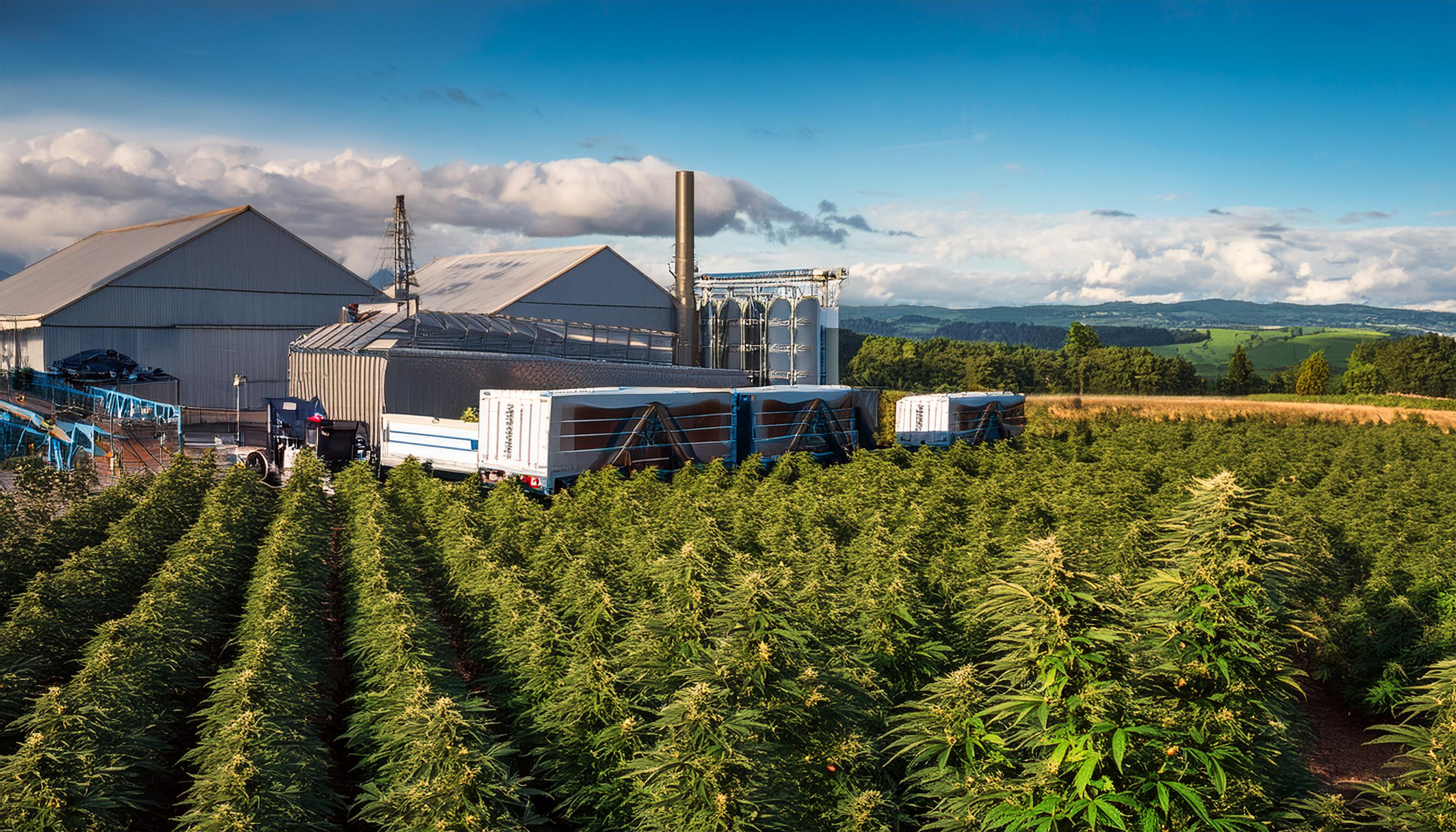Leveraging Technology in Your Cannabis Dispensary
Jul 10, 2024
The cannabis industry is undergoing a tech revolution in 2024, with innovations enhancing every aspect of operations and customer interactions.
Technology is streamlining procedures, guaranteeing compliance, and increasing overall efficiency in every industry, from retail to farming.
Here are some tech-related tips to help you remain ahead in this cutthroat industry.

Build Your Cannabis Dream
The Future of Cannabis Is Yours to Build.
Dr. Green provides everything you need to open your own cannabis dispensary and thrive in this booming industry. Don’t wait, step into the future today.
Automated Cultivation Systems
Growing conditions of cannabis are optimised with the use of automated systems for lighting, irrigation, climate control, and nutrient management. Higher yields and better-quality products are the result of this. Real-time parameter adjustments by these technologies guarantee that plants receive precisely what they require at the precise moment.
Advanced Extraction
In processing, technology has made it possible to create higher quality cannabis concentrates, oils, and extracts. Advanced extraction equipment ensures precise control over the extraction process, improving product consistency and safety.
New Delivery Methods
Technology has paved the way for new cannabis products. From edibles and beverages to topicals and vape devices, innovations in manufacturing processes have allowed for precise dosing and improved bioavailability. This means consumers can enjoy safer, more effective products tailored to their needs.

Digital Compliance Solutions
The cannabis industry is heavily regulated, and staying compliant is crucial. Technology helps streamline compliance processes by tracking inventory and ensuring product traceability. Digital platforms simplify regulatory reporting, reducing administrative burdens and minimising the risk of non-compliance.
Start Your Cannabis Dispensary Today
Your Dispensary Awaits. Make It Happen.
Dr. Green provides everything you need to open your own cannabis dispensary and thrive in this booming industry. Don’t wait, step into the future today.
Artificial Intelligence in Cannabis: The Future
AI is going to further alter the cannabis market. AI has a wide range of possible uses, from streamlining growing procedures to enhancing product quality and consistency.
AI-powered systems, for example, can assess agricultural data to optimise ambient conditions and irrigation regimens, thereby increasing plant health and productivity.
Artificial intelligence (AI) can improve extraction procedures in manufacturing by evaluating several parameters and yielding better extracts more quickly. AI can also help grade cannabis flowers, guaranteeing a constant quality and identifying problems such as mildew or mould.
The incorporation of robotics and AI into cannabis production will become more practical and common as these technologies develop. This will increase productivity and lower production costs, increasing consumer access to premium cannabis products.

Blockchain and Supply Chain Transparency
Blockchain technology provides a transparent and immutable ledger system for tracking the cannabis supply chain. By using blockchain, the industry can enhance transparency, prevent counterfeit products, ensure authenticity, and offer detailed information about the origin, cultivation, and testing of cannabis products.
Artificial Intelligence and Machine Learning
Artificial intelligence (AI) and machine learning (ML) are transforming various aspects of the cannabis industry. AI-powered systems can optimise cultivation practices, predict plant health, and automate quality control processes. ML algorithms analyse consumer preferences, predict market trends, and personalise product recommendations, improving the overall customer experience.
Internet of Things (IoT) and Smart Cultivation
The Internet of Things (IoT) enables real-time monitoring and control of cultivation environments through connected devices. IoT sensors provide growers with data on temperature, humidity, CO2 levels, and other factors, allowing precise management. Automated systems can adjust conditions and send alerts to ensure optimal growing conditions and minimise resource waste.
Data Analytics and Market Insights
Data analytics platforms help cannabis businesses make informed decisions by providing actionable insights from vast amounts of data. These tools analyse consumer behaviour, market trends, and sales data to identify opportunities, optimise pricing strategies, and refine marketing campaigns, giving businesses a competitive edge.
Open Your Own Cannabis Dispensary
Take Control of the Cannabis Industry’s Future.
Turn your dispensary dream into reality with Dr. Green’s expert support. Everything you need to succeed is just a click away, start your business now.
Conclusion
Technology is driving innovation, upending established methods, and changing the cannabis sector. From cultivation to retail, advancements in technology are optimising processes, enhancing product quality, and improving the overall consumer experience.
Businesses that want to succeed in the fast-paced and cutthroat cannabis market must embrace and capitalise on technology breakthroughs. Success will largely depend on maintaining a leading position in technical innovation.